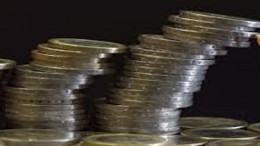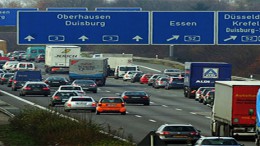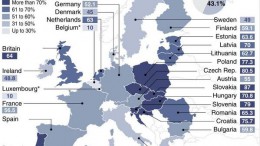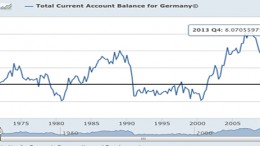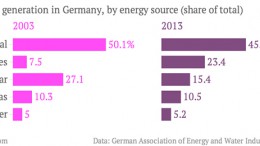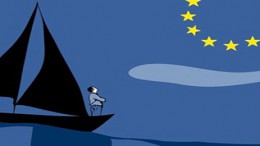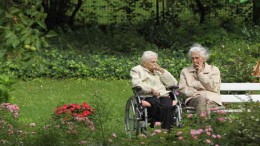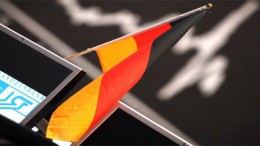German budget consolidation under threat by its own Länder
BERLIN | Alberto Lozano | While German Finance Minister Wolfgang Schäuble preaches public budget consolidation all around the Eurozone, some Länder don’t seem to be taking his prescriptions seriously. Their deficits continue to grow in 2014 and moving away from the zero deficit goal in 2020 as required by the country’s constitution.

